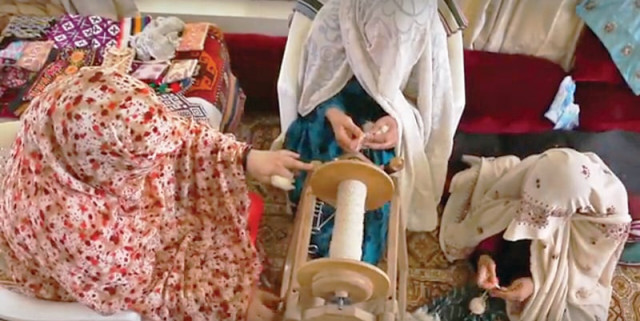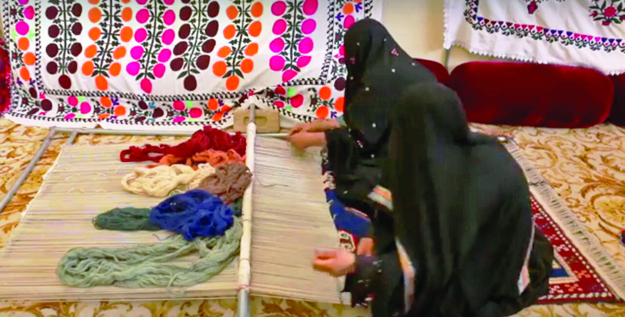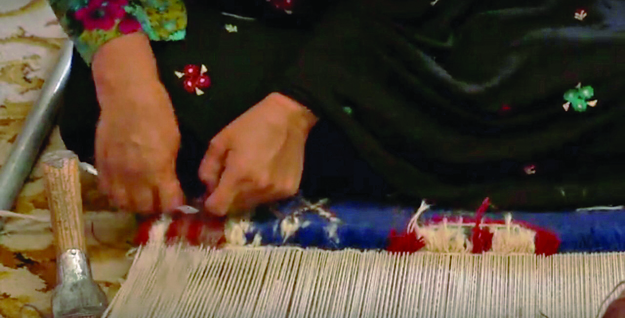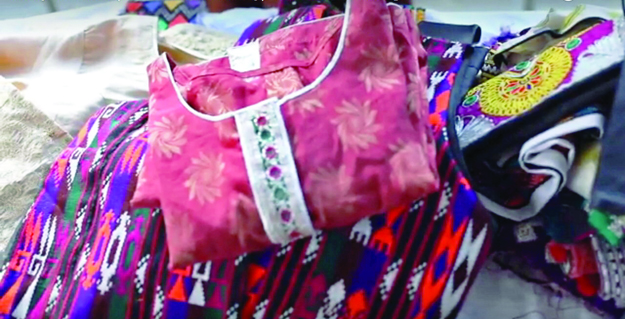The real boss women taking over Pakistan’s e-commerce
Restricted by social taboos, these women are taking to online forums for trade

Women entrepreneurs have started using the digital space to sell their products that are often manufactured at home. Photos: Express

The internet has allowed women to earn a livelihood from the comfort of their homes. One such platform that facilitates these activities is Sheops.
Sheops is a women-only marketplace that allows women to buy and sell products without the fear of harassment. It began as a Facebook community and proved to be such a hit that the business set up its own website. Here, women can now open shops to sell food, fashion, beauty, lifestyle, jewellery, cosmetics, clothes and handicraft items. When they receive orders, they have to simply prepare them and a courier service representative collects the order from their house and delivers it to the customer. After the order is delivered, the amount is transferred into the bank accounts. More than 100 women started their business from scratch and are now smoothly running their businesses and supporting their families.
It is important to note that to use this website, women must have their own Facebook profiles. Sheops Facebook page has more than 103,000 members from all over the world, including Britain, Canada, Gulf States and UAE, and while their site handles most of the business, the page is still used by many. Also, the online community ensures that only women operate in the community.
Balochistan's karhai
Another noteworthy initiative that has helped to empower women is Doch, a company run by Deedar Mengal. It is an online company from Balochistan that sells handcrafted products.

Doch sells bags, shirts, waistcoats, jewellery and other items prepared by women that promote Baloch culture within Pakistan and helps Baloch women make a living.
According to Mengal, Balochistan's karhai[embroidery] and small mirror work is well known across the world. Doch has embedded the embroidery in fashion, selling these handmade products online to rich buyers who are willing to pay the price. Doch also organises workshops and training camps to promote the Balochi embroidery. Cities like Mastoong, Qallat, Khuzdar and Dera Bugti are famous for the embroidery. These products are sold in Karachi, Lahore and Islamabad.
With increasing pie, another e-commerce platform kicks off in Pakistan
The company was founded in 2006 and now has over 3,000 regular customers. Around 120 Balochis are involved in preparing these products. They earn up to Rs15,000 on a monthly basis. CarAndaaz has donated a grant of Rs10,000,000 which they used to buy machinery and other goods to expand their business.
Improving living standards
Another initiative that aims to improve the living standards of households is Fine Traders. The founder, Shabana Jamshed, saw her father struggle to raise his eight girls and saw the people around her struggle to buy even the most basic items. She was adamant to find a solution.

Jamshed tried raising the amount for her business through small committees and gathered items to sell. Just a year ago, she started selling dinner sets, fans, water coolers, bed sheets, quilts and other items via a Qingqi rickshaw in the poverty-stricken neighbourhoods of Lahore. These items are usually worth up to Rs7,000 to Rs8,000 so that they can be easily paid off in six months' time. Also, keeping in mind the income of her customers, instalments are collected on daily or weekly basis. Jamshed charges a mark-up to keep her business running. So far, 99% of her customers have paid on time.
Seeing growth potential, retailers invest more in e-commerce
Jamshed started her business from Rs500,000 and has now sold items worth Rs1,000,000. Her business has become structured and now serves over 2,300 customers. Her successful business model attracted the attention of an American company, Storm Harbour, that offered to invest, but the deal did not work out. However, negotiations with local investors are still ongoing under the umbrella of another entrepreneurship-encouraging organisation called CarAndaaz. If successful, services will be made available in nearby areas of Lahore and other smaller cities across Punjab.
Published in The Express Tribune, October 8th, 2018.



















COMMENTS
Comments are moderated and generally will be posted if they are on-topic and not abusive.
For more information, please see our Comments FAQ